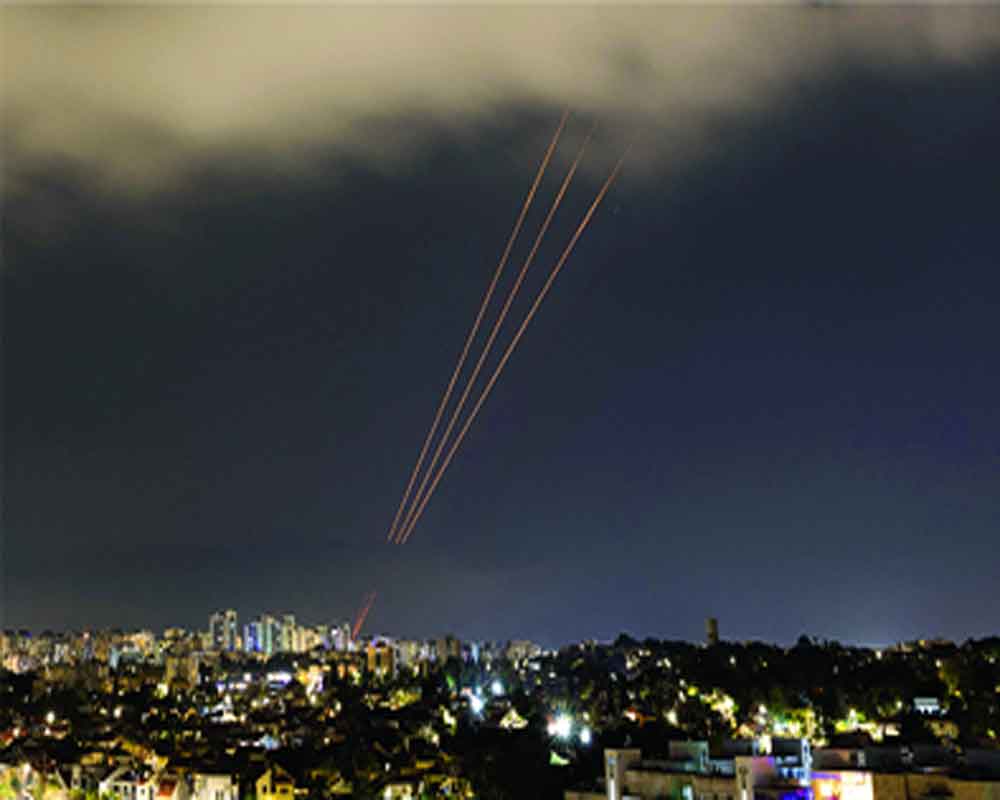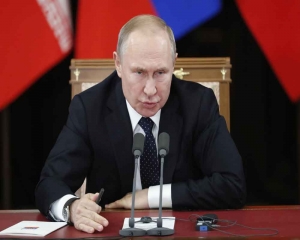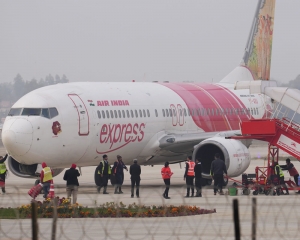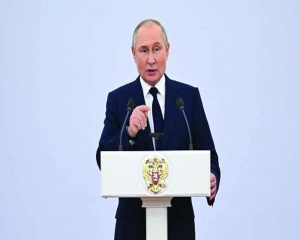World leaders scramble to soothe tempers after Iran’s retaliatory attack on Israel for Damascus
The fragile peace equilibrium in West Asia has been hit once again, with Iran launching a direct attack on Israel and escalating tensions. Fresh apprehensions reverberated globally, prompting swift diplomatic action from President Joe Biden who, besides conveying to Israel Prime Minister Benjamin Netanyahu that the US will not be part of any retaliatory action, has convened the G7 nations to address the urgent matter. The missiles-and-drones attack, which targeted strategic locations including military installations and civilian areas in Israel, has escalated the situation to a dangerous level. While casualties and damages are still being assessed, the brazenness of this assault has sent shockwaves across the region and beyond. Iran, a key player in the region, has often found itself at odds with Israel, citing ideological differences and regional power struggles. However, the direct military engagement between the countries represents a dangerous escalation that could have far-reaching consequences. Israel, known for its robust defence capabilities, has vowed to respond to Iran’s aggression, raising concerns of a prolonged and devastating conflict. The events of April 1 in Damascus marked the onset of a fresh chapter in the ongoing regional strife between the countries. That assault, resulting in the loss of several high-ranking Iranian military officials, signified a shift from indirect hostilities to confrontation. Subsequently, Iran initiated its long-anticipated reprisal against Israel, deploying numerous drones and ballistic missiles. Despite indications of this impending attack during discreet negotiations between the US and Iran, most of the strikes were intercepted en route Israel.
Meanwhile, Israeli authorities, particularly Netanyahu, have endeavoured to depict their nation as the target of unwarranted Iranian aggression. President Biden has responded swiftly by convening a meeting of the Group of Seven (G7) nations. The G7, consisting of the world’s leading industrialised democracies, serves as a forum for coordinating responses to global challenges, including security threats. Though the US may have fostered conditions conducive to Netanyahu’s actions, Israel acted independently to trigger the latest escalation. Therefore, to be fair to Iran, its reaction has not been an unprovoked attack. Lately, Netanyahu has been drawing flak for his misadventures at home and abroad, and the US support for his military campaign is also waning. So he played the Iran card to win brownie points and, with Iran being the West’s favourite punching bag, it bolstered Netanyahu’s standing whereas a gullible Iran took the bait and allowed itself to be drawn into a war in which it had no role so far. An individual’s obstinacy has now put the entire region at heightened risk of volatility. As G7 deliberates on the appropriate response, efforts must be focused on de-escalating tensions and facilitating dialogue between the conflicting parties. Diplomatic channels should be utilised to engage Iran and Israel in constructive dialogue to find a peaceful solution to their grievances.


























